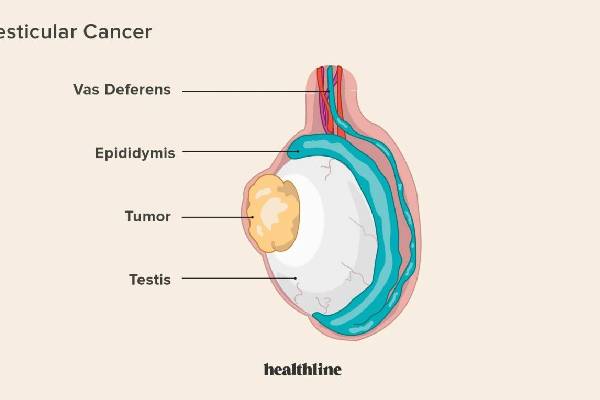Testicular cancer is a relatively rare but highly treatable cancer that affects the testicles, the male reproductive organs responsible for producing sperm and testosterone. Seeking the right testicular cancer specialist is crucial for timely diagnosis, effective treatment, and successful recovery. This article will guide you through the role of a specialist, treatment options, and how to choose the best care provider.
Understanding Testicular Cancer
What is Testicular Cancer?
Testicular cancer occurs when abnormal cells develop in one or both testicles. It is most common among young men aged 15-35 but can occur at any age.
Symptoms of Testicular Cancer
- A lump or swelling in one or both testicles
- A feeling of heaviness in the scrotum
- Pain or discomfort in the testicle or scrotum
- Enlargement or tenderness in the breasts (due to hormonal changes)
- Lower back pain (in advanced cases)
Early detection plays a vital role in successful treatment, making regular self-examinations essential.
The Role of a Testicular Cancer Specialist
Who is a Testicular Cancer Specialist?
A testicular cancer specialist is a medical professional trained in diagnosing and treating testicular cancer. They usually include:
- Urologists: Specialize in conditions affecting the urinary tract and male reproductive organs.
- Oncologists: Doctors who specialize in cancer treatment, including medical, radiation, and surgical oncologists.
- Radiologists: Experts in imaging techniques to diagnose and monitor cancer progression.
Responsibilities of a Testicular Cancer Specialist
- Conducting physical examinations and imaging tests
- Performing biopsies and other diagnostic procedures
- Recommending treatment plans, including surgery, chemotherapy, or radiation therapy
- Monitoring the patient’s progress post-treatment
Treatment Options for Testicular Cancer
Surgery: Orchiectomy
- The primary treatment for testicular cancer is the surgical removal of the affected testicle (radical inguinal orchiectomy).
- In some cases, lymph node removal may be necessary to prevent cancer spread.
Chemotherapy
- Used when cancer has spread beyond the testicles.
- Common drugs include cisplatin, etoposide, and bleomycin.
- Helps destroy cancer cells and prevent recurrence.
Radiation Therapy
- Primarily used for seminoma-type testicular cancer.
- Targets and destroys cancer cells using high-energy rays.
Surveillance
- For early-stage cancer, some patients may opt for active monitoring instead of immediate treatment.
- Regular follow-ups include imaging tests and blood work to detect any recurrence.
How to Choose the Best Testicular Cancer Specialist
Factors to Consider
- Experience and Expertise
- Look for specialists with extensive experience in treating testicular cancer.
- Board certification in urology or oncology is a plus.
- Treatment Facilities
- Choose hospitals or cancer centers with advanced technology and multidisciplinary teams.
- Patient Reviews and Success Rates
- Read testimonials and reviews from previous patients.
- Check survival and recurrence rates of the specialist’s past treatments.
- Insurance Coverage and Accessibility
- Ensure the specialist is covered by your insurance provider.
- Consider location and ease of access to medical facilities.
Questions to Ask Your Testicular Cancer Specialist
- What stage is my cancer, and what are my treatment options?
- What are the potential side effects of the treatment?
- How long will the treatment process take?
- What are my chances of recurrence after treatment?
- How will treatment affect my fertility and hormone levels?
Post-Treatment Care and Recovery
Follow-Up Appointments
- Regular check-ups, blood tests, and imaging are crucial to monitor recovery and detect any recurrence.
Lifestyle Changes
- Adopt a healthy diet and regular exercise.
- Avoid smoking and excessive alcohol consumption.
Mental Health Support
- Seek counseling or join support groups to cope with emotional stress.
Conclusion
A testicular cancer specialist plays a crucial role in diagnosis, treatment, and recovery. By choosing an experienced doctor and following a well-structured treatment plan, patients can achieve positive outcomes. Early detection and proactive healthcare choices significantly increase survival rates. If you or someone you know is experiencing symptoms, seek medical advice promptly to ensure the best possible care.
